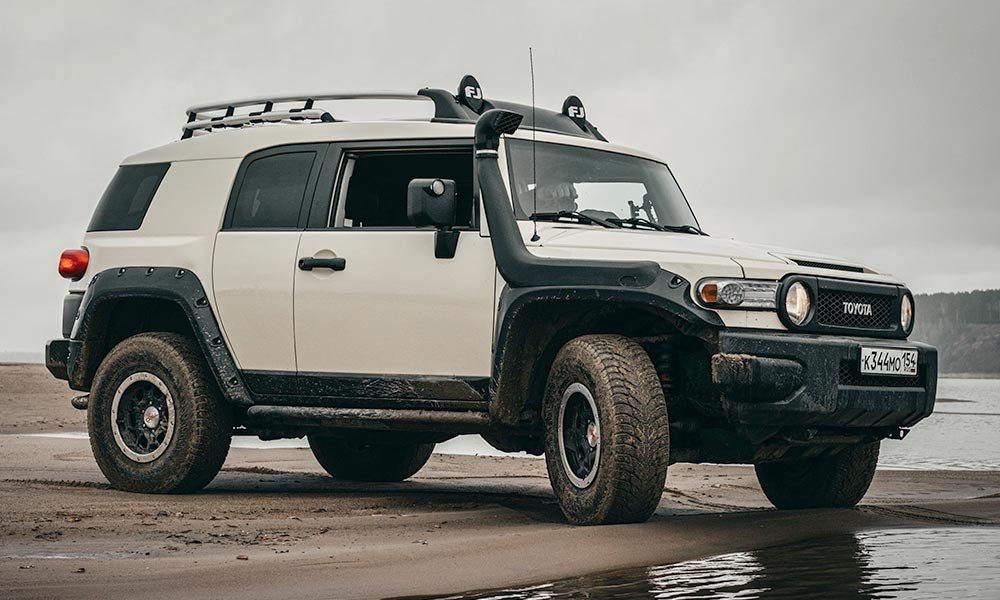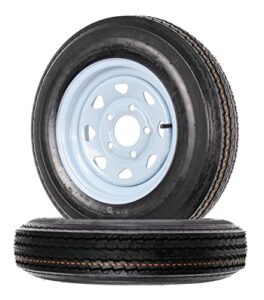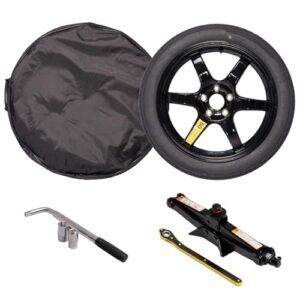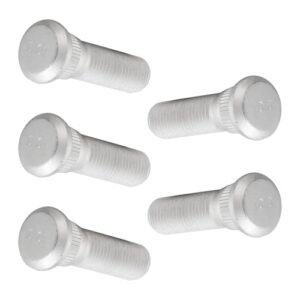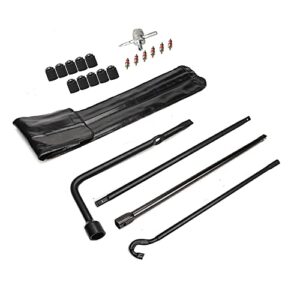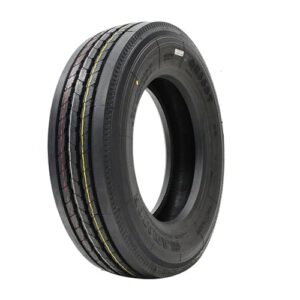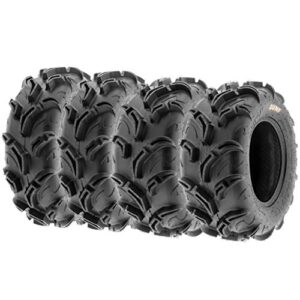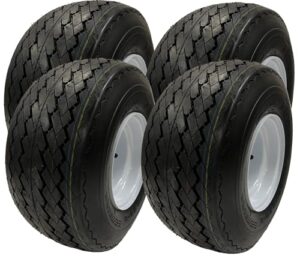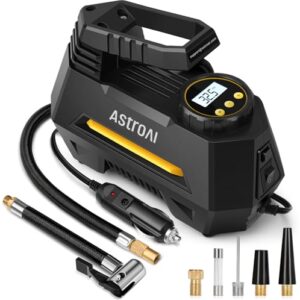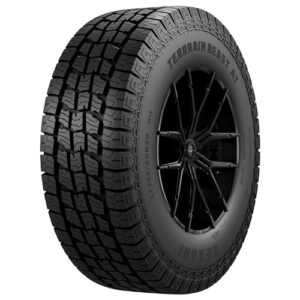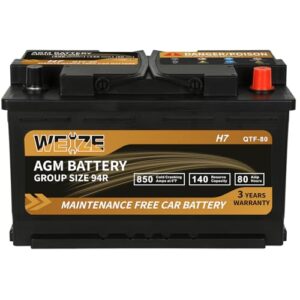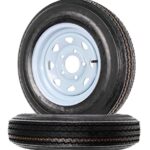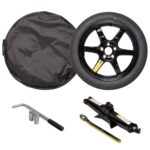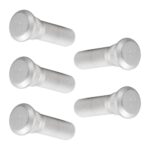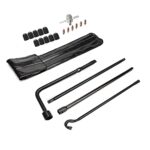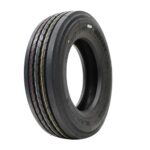Welcome to the comprehensive guide on Best All Weather Tires for SUVs. The Michelin CrossClimate SUV and the Continental CrossContact LX25 stand out as top all-weather tire choices for SUVs.
These options excel in providing grip, durability, and performance in various conditions.
Selecting the best all-weather tires for your SUV ensures safety and optimal performance year-round. Drivers prioritize all-weather tires to avoid frequent changes with the seasons.
The right all-weather tires blend the resilience of winter tires with the precision of summer treads, offering a versatile solution for diverse driving conditions.
Not only do they handle wet and dry roads with ease, but they also tackle light snow without compromise.
Taking into account expert reviews, customer feedback, and industry tests, both the Michelin CrossClimate SUV and Continental CrossContact LX25 earn praise for their reliability and adaptability.
These tires are designed to offer peace of mind with enhanced traction and extended tread life, making them a smart investment for any SUV owner prioritizing safety and convenience.
Understanding Best All Weather Tires for SUVs:
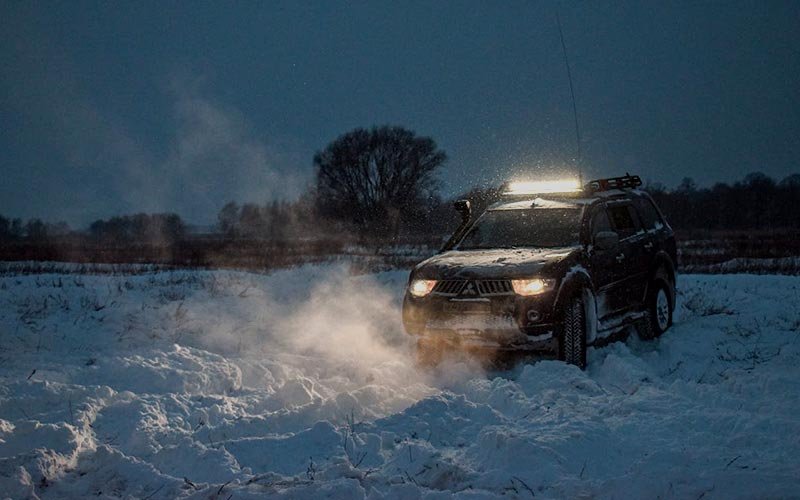
As driving conditions shift with seasons, choosing the right tires for your SUV becomes paramount for safety and performance.
With the advent of all-weather tires, drivers now have the option to equip their vehicles with tires capable of handling various road conditions.
Understanding all-weather tires is essential for those seeking the perfect balance between the grip of winter tires and the precision of summer tires.
Continue reading to discover how all-weather tires stand out and why they might be the best choice for your SUV.
Definition And Purpose Of All-weather Tires
All-weather tires are a hybrid solution designed to tackle the challenges presented by climatic changes throughout the year.
Unlike all-season tires, all-weather options are built with a unique tread pattern and rubber compound optimized for fluctuating temperatures. This allows them to maintain flexibility in cold weather while still offering stability in warmer conditions.
The main purpose of all-weather tires is to provide a single tire solution that eliminates the need for swapping tires with season changes.
Advantages Over Summer And Winter Tires
All-weather tires come with a slew of advantages when compared to season-specific tires:
- Versatility: They adapt to various weather conditions, from light snow to wet and dry roads, making them a versatile choice for regions with moderate climates.
- Cost-effectiveness: By avoiding the need for multiple sets of tires, drivers save on purchase and installation costs.
- Convenience: The hassle of tire storage and seasonal changeovers is eliminated, providing convenience and peace of mind.
While summer tires excel in dry and wet traction during high temperatures and winter tires provide superior grip on ice and snow, all-weather tires strike a balance between the two.
They are equipped with siping that improves traction in winter conditions and a sturdier construction compared to typical winter tires, enhancing durability during summer months.
Key Considerations For Suv All-weather Tires
When it comes to gearing up your SUV for year-round performance, selecting the perfect all-weather tires is a pivotal decision. The right set ensures safety, durability, and optimal driving experience regardless of rain, shine, or occasional snow.
Diving into the world of all-weather tires reveals a range of factors SUV owners must weigh to make an informed choice.
Suv-specific Requirements
Understanding your SUV’s individual needs is the first step in choosing all-weather tires. These requirements vary depending on vehicle size, weight, and design.
Consider load capacity and size compatibility to ensure the tires can support the weight of your SUV. Look for tires that are designed with reinforced sidewalls to handle the additional stress that comes with the higher center of gravity typical in SUVs.
Plus, consider the manufacturer’s recommendations to match tires that enhance the built-in capabilities of your vehicle.
- Load capacity
- Size compatibility
- Sidewall strength
- Manufacturer’s recommendations
Performance Factors: Grip, Handling, And Durability
The trifecta of grip, handling, and durability dictates how well your all-weather tires will perform over time. A tire’s grip is crucial, affecting how it interacts with wet, dry, or snowy roads.
Look for tires with innovative tread designs that channel water away efficiently, improving traction in adverse weather conditions.
| Performance Factor | Key Traits |
|---|---|
| Grip | Tread design, water channeling, rubber compounds |
| Handling | Responsiveness to steering, stability at high speeds |
| Durability | Wear resistance, built to last through varying temperatures |
When reviewing handling, consider how the tires respond to steering inputs—an attribute that becomes even more significant in potentially hazardous weather.
Durable tires not only last longer but also maintain their performance characteristics, reducing the need for frequent replacements. Rubber compounds engineered for all-weather tires contribute to a longer lifespan, even in fluctuating temperatures.
Remember to prioritize tires designed to deliver an even performance across an array of conditions, maximizing safety and control. Selecting tires with well-rounded capabilities will ensure a smooth, reliable ride in all seasons.
Each factor, from grip to durability, plays a crucial role in the overall performance of your SUV’s all-weather tires.
Top All-weather Tire Brands For Suvs
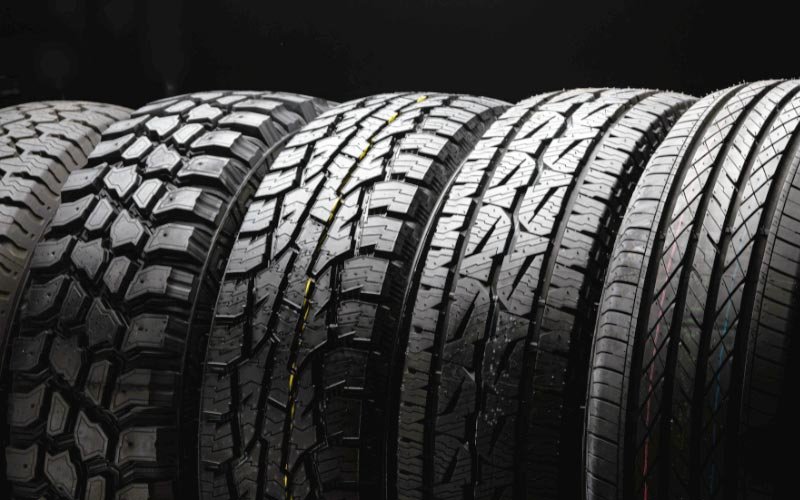
When selecting the ideal tires for your SUV, particularly those that can weather any storm, you don’t want to compromise on quality and performance.
The best all-weather tires for SUVs offer a blend of the traction you’d expect from winter tires with the handling capabilities of summer tires, making them the perfect year-round solution for drivers in moderate climates.
Below, we’ll explore some top all-weather tire brands, each bringing unique features and benefits to your driving experience.
Brand 1: Michelin Crossclimate Suv – Features And Benefits
- 3PMSF Symbol – Certified for severe snow conditions.
- MaxTouch Construction – Maximizes tire-road contact for better acceleration, braking, and cornering.
- Total Performance Technology – Delivers low rolling resistance for improved fuel efficiency without sacrificing safety and longevity.
- V-Formation Tread Design – Enhances grip in wet, dry, and snowy conditions.
- Extreme Silica Tread Compound – Provides flexibility in low temperatures and firmness in the heat.
Brand 2: Goodyear Assurance Weatherready – Features And Benefits
- Weather Reactive Technology™ – Adapts to a range of weather conditions with specialized tread compounds.
- Evacuation Channels – Efficient water evacuation channels reduce hydroplaning risks.
- Soy-based Rubber Compound – Offers enhanced traction in cold weather while being eco-friendly.
- 3D TredLock Technology Blades – Provide predictable traction for turns and handling in all weather conditions.
Brand 3: Nokian Wr G4 Suv – Features And Benefits
- All-Weather Dual Performance Compound – Ensures excellent wear resistance and tear strength in diverse temperatures.
- Stable Handling – Offers balanced control and a comfortable drive across varying road conditions.
- Snow Claws – For improved grip on snow and soft surfaces.
- Polished Grooves – Helps prevent the build-up of snow and slush, enhancing wet grip.
- Silent Sidewall Technology™ – Reduces noise and vibration for a quieter ride.
Comparative Analysis Of All-weather Tires
Finding the right all-weather tires for your SUV can be a game-changer, especially if you experience a range of driving conditions throughout the year.
It’s crucial to understand the differences and capabilities of various all-weather tire models to make the best choice for safety and performance. This section dives deep into a comparative analysis, focusing on performance testing results and real-world user feedback.
Performance Testing And Ratings
In the quest for the best all-weather tires, performance testing and ratings offer invaluable insights. Industry experts conduct rigorous tests to evaluate several key factors:
- Traction on wet, dry, and snow-covered roads
- Handling and responsiveness under various conditions
- Braking distance on different surfaces
- Durability and tread life
Top-rated all-weather tires emerge from brands like Michelin, Bridgestone, and Goodyear, each bringing unique technologies to the table. To illustrate, consider the following table comparing select tires:
| Tire Model | Traction Rating | Handling Score | Braking Distance | Tread Life |
|---|---|---|---|---|
| Michelin CrossClimate SUV | A | 9.0 | 45 ft (Wet) | 60,000 miles |
| Bridgestone Dueler HL Alenza Plus | A | 8.5 | 47 ft (Wet) | 80,000 miles |
| Goodyear Assurance WeatherReady | A+ | 9.5 | 40 ft (Wet) | 60,000 miles |
User Reviews And Feedback
Alongside professional ratings, user reviews shed light on how all-weather tires perform in everyday scenarios. Owners of SUVs often share their experiences, highlighting pros and cons that might not be evident in controlled testing:
- Driver satisfaction with overall tire noise and comfort
- Experience with tire performance during unexpected weather changes
- Personal opinions on value for money based on tire longevity and wear
“I’ve had the Michelin CrossClimate SUV tires on for almost a year now, and they’ve been fantastic through our crazy weather. They are quiet and smooth on the highway but really hold their own on the occasional snow day.”
Real-world feedback is an irreplaceable part of tire evaluation, providing context and assurance for drivers in search of the most reliable all-weather tires for their SUVs.
Expert Tips For Choosing The Best All-weather Tires
Embarking on a quest to find the perfect set of all-weather tires for your SUV is akin to ensuring that your vehicle is poised to tackle a multitude of road conditions with confidence.
Arming yourself with the right knowledge is paramount, and as such, here are some expert tips to help guide you on this journey to selecting the best all-weather tires.
Tire Size And Load Index
The cornerstone to finding your ideal all-weather tires lies in understanding the tire size and load index required for your SUV.
It’s not just about the numbers on the side of the tires; it’s about the synergy between your vehicle’s specifications and the tire’s capabilities.
Begin with the tire size specification, which can be found in the vehicle’s manual or on the placard inside the driver’s side door. This set of numbers and letters is a code that reveals the tire’s dimensions and performance characteristics.
| Tire Code | Meaning |
|---|---|
| P225/65R17 102T | Passenger-type tire, 225mm wide, 65% aspect ratio, Radial, 17 inches wheel diameter, Load index of 102, Speed rating T |
Load index is just as crucial, as it dictates the maximum weight each tire can safely carry. Ensuring the load index matches your SUV’s demands is critical for safety and performance.
Maintenance And Longevity Factors
Securing a set of tires that boasts longevity and is easy to maintain goes a long way in improving the overall experience. Consider tread life warranties and brand reputation as indicators of tire durability.
It’s essential to regularly inspect your tires for wear and to maintain proper inflation, as these aspects greatly influence the lifespan of your all-weather tires.
- Warranty: Seek tires with a robust tread life warranty—a reflection of the manufacturer’s confidence in their product.
- Inflation: Stick to the recommended tire pressure to prevent uneven wear and extend tire life.
- Rotation: Regular rotation can help achieve an even wear pattern, distributing the stress evenly across all tires.
Keeping a vigilant eye on these factors ensures your tires remain in peak condition, providing you with safety and efficiency whatever the weather.
Frequently Asked Questions
What Are The Top All-weather Tires For Suvs?
All-weather tires highly regarded for SUVs include the Michelin CrossClimate SUV, Goodyear Assurance WeatherReady, and Nokian WR G4 SUV. These models provide excellent grip and performance in various conditions.
How Do All-weather Tires Perform In Snow?
All-weather tires offer good snow traction, with many bearing the Three-Peak Mountain Snowflake symbol. This means they meet specific snow traction performance requirements and are suitable for winter driving conditions.
Can I Use All-weather Tires Year-round?
Yes, all-weather tires are designed for year-round use, excelling in wet, dry, and lightly snowy conditions. They blend the characteristics of winter and summer tires for versatility.
Are All-weather Tires Better Than All-season Tires?
All-weather tires generally provide superior traction in winter conditions compared to all-season tires. They are a more versatile option for regions with moderate climate variations.
Conclusion
Navigating the myriad of tire options is no simple feat. Yet, the journey to find the best all-weather tires for your SUV ends here.
Embrace confidence in your choice, knowing safety and performance align in these top picks. With optimal traction and durability, your adventures, regardless of weather, are now uncompromised.
Remember, quality tires are an investment in your travels and peace of mind. Safe driving!


